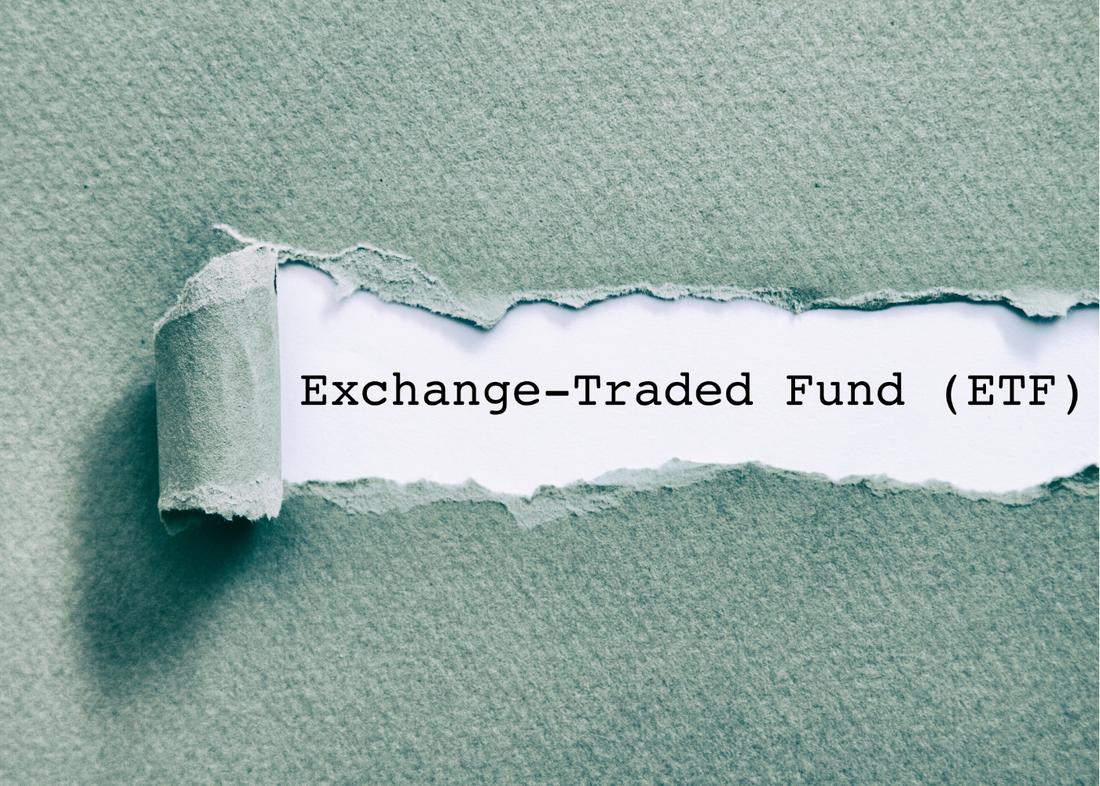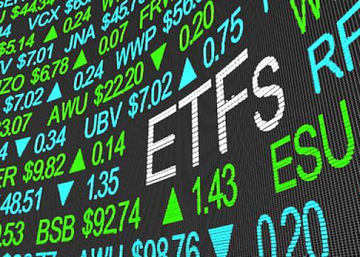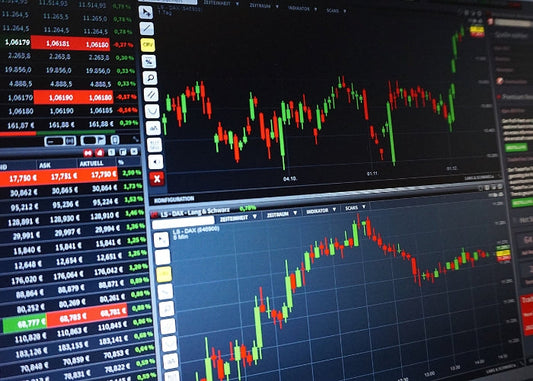How ETFs make it easy to invest in countries, industries, and trends

The universe of exchange-traded index funds (ETFs) has been expanding greatly. Investors can now invest their money in just about any region or industry, as well as roughly any stock and bond indexes, with these low-cost funds that simply track an index.
You are interested in investing in topics, countries, or industries with shares? Do you want to spread your investment risk over many stocks without paying high management fees for the investments? Then ETFs are one possible solution.
Focus on sectors with equity ETFs
For example, investors might consider sectors in Europe that look promising in the wake of the energy crisis and inflation. Such as energy companies and utilities or the food industry. There the respective European sector index Stoxx Europe 600 can serve as a reference index for an ETF.
The Stoxx Europe 600 Oil & Gas refers to the European energy sector. The index includes 19 companies, like Shell, BP (both UK), TotalEnergies (France), and Eni (Italy). With the corresponding ETF on the index, you participate in the overall performance of the companies that tend to benefit from rising oil and gas prices. An example of the utility sector is the Stoxx Europe 600 Utilities. The barometer includes 28 European utilities such as Iberdrola (Spain), National Grid (UK), and RWE (Germany). Those who believe the sector has potential can also invest here quite simply via ETF.
Investors who want to focus on the non-cyclical food industry and prefer European stocks can take a closer look at the Stoxx Europe 600 Food & Beverage. This index includes well-known giants like Nestlé (Switzerland), Diageo (UK), and Anheuser-Busch Inbev (Belgium). These companies can pass on price increases to their customers because of their pricing power. If you want to profit from that you can quickly find the right ETF to match the barometer.
Regional Focus with equity ETFs
Especially large stock indices of industrialized countries are in the focus of many investors. ETFs on various indices such as the DAX (Germany), the S&P 500 (USA), the EuroStoxx 50 (Eurozone) or the Nikkei 225 (Japan) are suitable here. Assuming investors acquire the four indices via ETF, they are virtually invested in more than 800 shares of major companies from the regions the USA, Japan, and Europe with only four financial products.
ETFs also make it possible to invest in completely different regions such as emerging markets, for example in Indian stock corporations. Here, the MSCI India Index serves as the benchmark for the ETF. This barometer contains 108 large Indian companies, representing around 85 percent of the country's total market capitalization. The companies include the likes of Reliance Industries, Infosys, and Axis Bank. Or should it be an even more exotic and smaller country? One example is the Vietnamese stock market, which is tracked by the FTSE Vietnam Index. It includes 30 major companies listed on the Ho Chi Minh City Stock Exchange. Among the stocks included are Vincom, Saigon Securities, Hoa Phat, and Vinamik.
Bond ETFs
ETFs also give you efficient access to bond markets. For example, exchange-traded bond funds offer a cost-effective way to create a diversified portfolio that allows you to spread your risk across hundreds or even thousands of different bonds. One example is the "Euro Aggregate Bond". The index is based on a mix of around 1,800 mainly European government and corporate bonds.
Focusing on trend themes with bond ETFs
As with equity ETFs, you can also use bond ETFs to focus on trend themes. One example of this is sustainability. Demand for so-called ESG investments has skyrocketed in recent years. ESG, or Environment, Social and Governance, stands for environmental, social, and good corporate governance. Accordingly, there are ETFs that include corporate and/or government bonds that meet ESG criteria. In this context, for example, companies that have a business model that is harmful to the environment or that allow inhumane labor should not be included in an ESG-compliant index.
Another trending topic that investors can pursue with bond ETFs is inflation-indexed bonds, which are bonds whose coupon and/or face value are linked to a consumer price index. The goal of these bonds is to protect investors from inflation risk. Thus, these bonds are issued by many governments. Unlike conventional bonds, the nominal value of these bonds adjusts to the same extent as the inflation rate.
No comments
Home
Trive
TriveHub





0 comments